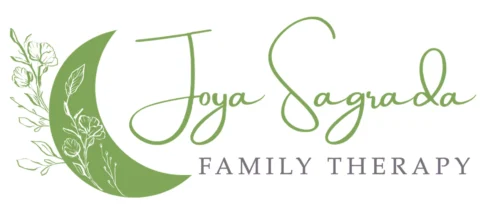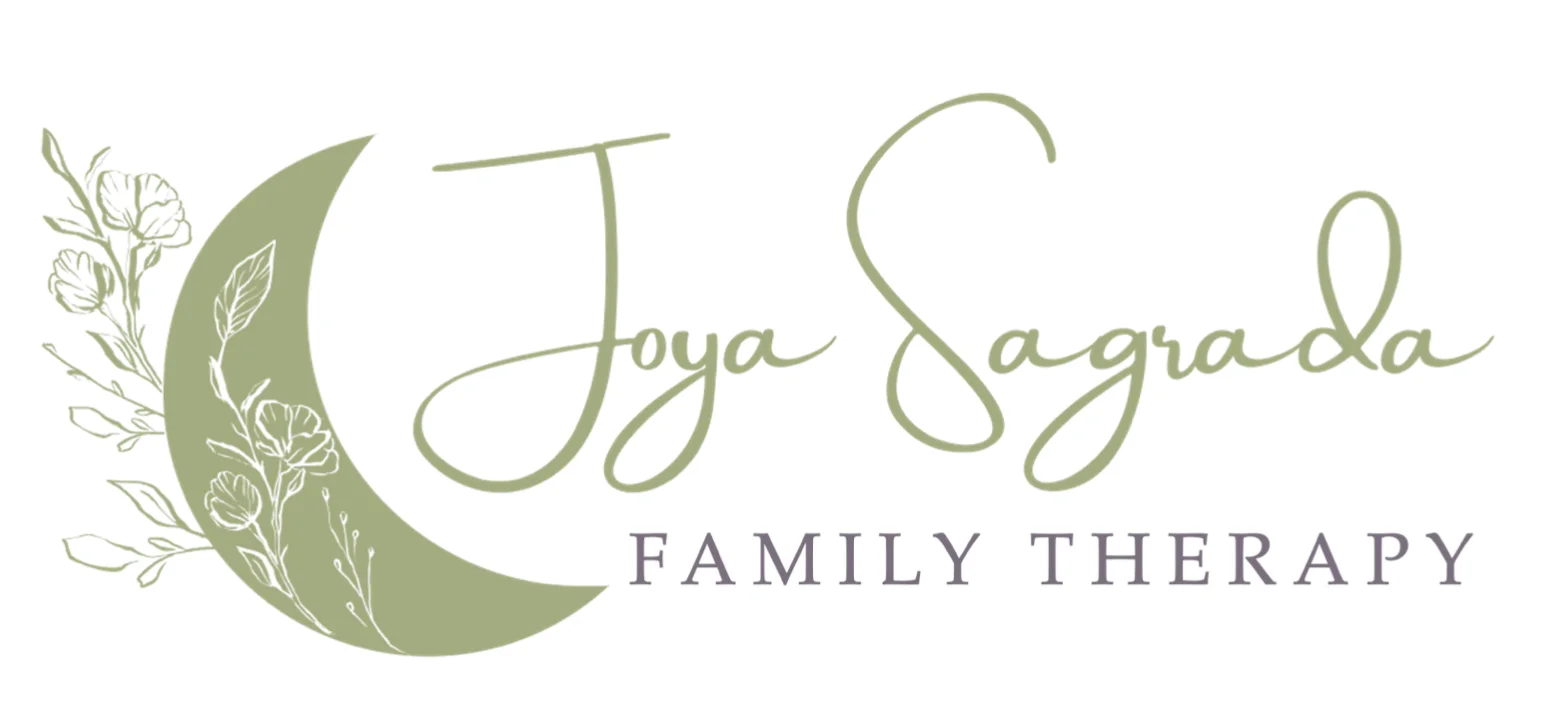As an integrative therapist, I feel frustrated when I hear about the emphasis on developing coping skills, especially when it suggests we should learn to tolerate dysfunctional or toxic environments. To me, the idea of coping often implies staying focused on external circumstances and ignoring the internal signals urging us to make significant changes in our lives, environments, habits, or relationships. In this way, coping tends to prioritize maintaining the status quo over meaningful transformation. This, in my view, is the difference between simply functioning and truly healing.
Many times, we seek to function better—whether it’s to reduce tension in our relationships, achieve elusive goals, or change situations that feel unjust. But coping, as it is often practiced, doesn’t support these deeper changes. It teaches us to override our natural instincts and perpetuate learned behaviors, such as seeking external validation and guidance to fit into the expectations imposed by our culture, families, or societal blueprints. Instead of coping with circumstances that cause discomfort, I believe the signals that prompt us to “cope” are actually important messages, pointing us inward to confront the emotional wounds we may be avoiding. These wounds often steer us away from our most fulfilling experiences.
Rather than relying on external data points, turning inward to examine our emotional state allows us to understand its language. When we align with our inner desires, we naturally move toward circumstances, relationships, and experiences that fulfill us. I believe that when we’re in alignment with these inner truths, the external tensions that once seemed unbearable become less overwhelming and even serve a useful purpose.
Coping skills become crucial to healing when we look within and face the painful, distressing emotions that our coping mechanisms have been shielding us from. At this stage of healing, practices like mindfulness, distress tolerance, and self-soothing are key to helping us stay on track. With the support of the therapeutic relationship, learning to understand and express our emotions requires time, effort, and consistency. Coping skills play a vital role in supporting this part of the process.
Symptoms aren’t meant to be eliminated entirely. When we’re overwhelmed by them, it’s natural to want relief, but these symptoms are really a form of communication. If we learn to listen to their messages while they’re still whispers, we can follow their guidance to lead us toward our desired experiences. The tension we feel, instead of suffocating us, becomes a tool for growth and change.







